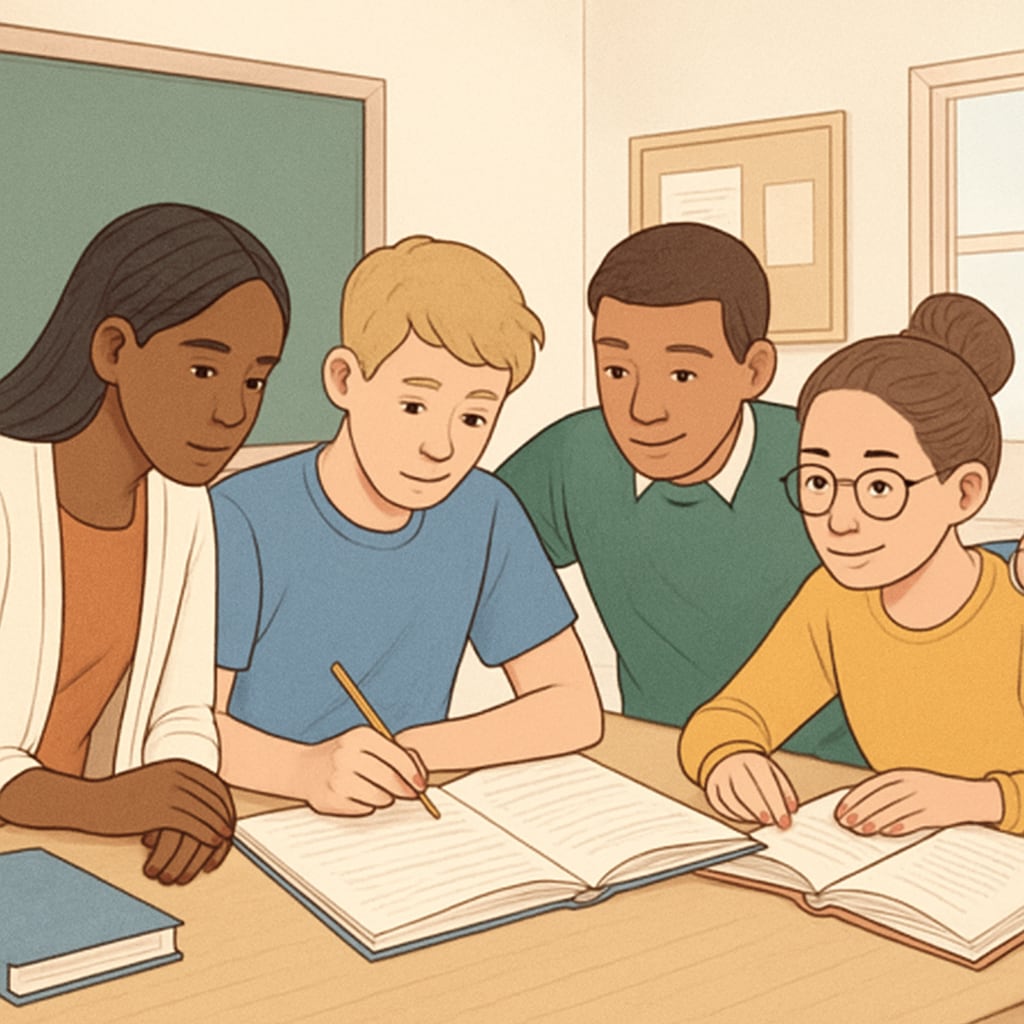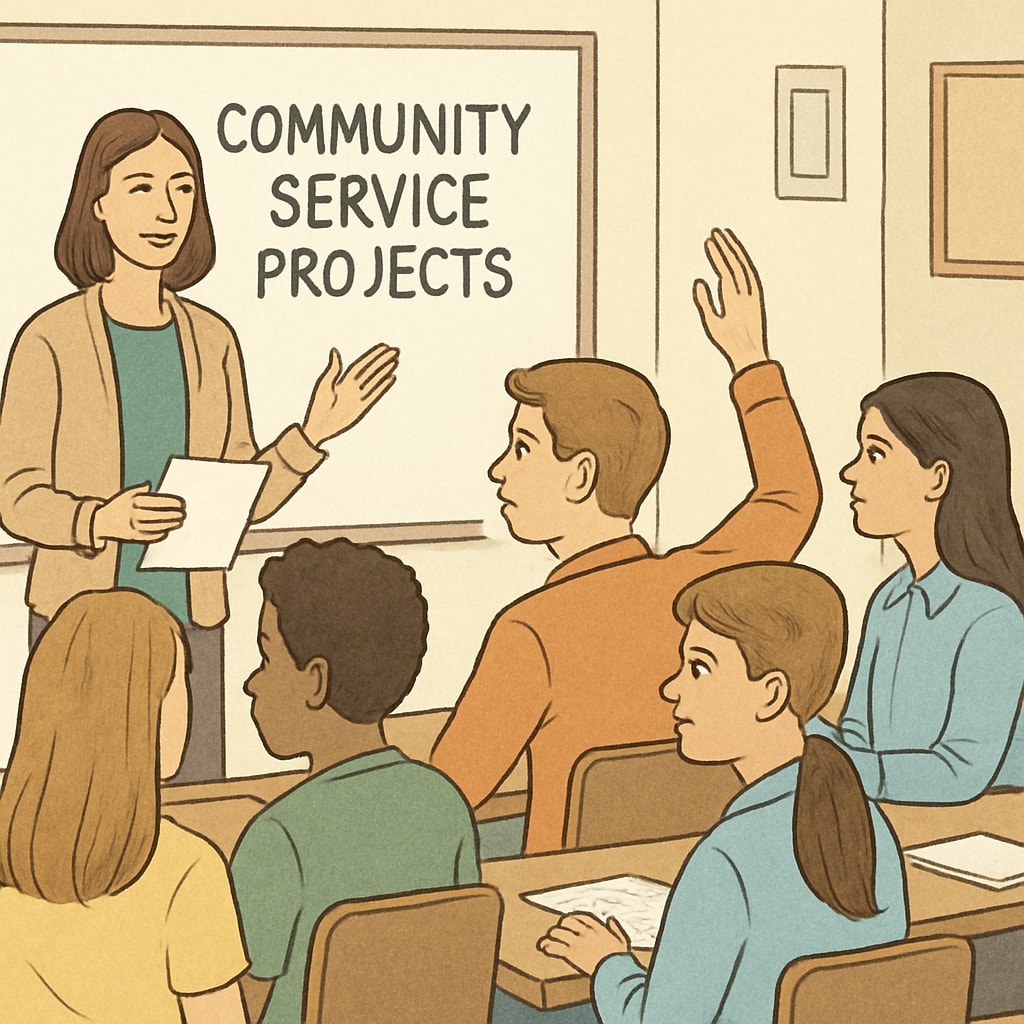Education plays a pivotal role in shaping future generations. When privileged students are educated in an environment that includes peers from socially and economically disadvantaged backgrounds, the benefits extend far beyond academic outcomes. This mixed socioeconomic education environment fosters empathy, a sense of social responsibility, and a deeper appreciation for cultural diversity, helping students thrive in increasingly diverse societies.
Empathy: A Key Outcome of Mixed Socioeconomic Learning
One of the most significant benefits of mixed socioeconomic education is the development of genuine empathy among privileged students. Exposure to peers from different backgrounds allows them to better understand the challenges others face, breaking down stereotypes and fostering meaningful connections. Empathy, a crucial life skill, equips students to collaborate effectively and build more inclusive communities.

Social Responsibility and Awareness
In mixed socioeconomic environments, privileged students often gain a heightened sense of social responsibility. They become more aware of systemic inequalities and are inspired to contribute to creating a fairer society. This awareness encourages them to engage in initiatives that address social challenges, offering them the tools to become advocates for change.

Cultural Diversity as a Foundation for Success
Another advantage of mixed socioeconomic education is the exposure to diverse cultures and perspectives. Privileged students learn to appreciate the richness and complexity of different traditions, fostering cultural sensitivity. This skill is increasingly valuable in a globalized world, where cross-cultural collaboration is essential for success.
For example: Programs such as those implemented by diversity education initiatives have shown that students who interact with peers from varied backgrounds are more likely to develop open-mindedness and adaptability. These traits are essential for leadership in multicultural environments.
Preparing for Life in a Diverse Society
Ultimately, mixed socioeconomic education prepares privileged students for life in a diverse society. By experiencing firsthand the realities of inequality and diversity, they acquire skills that are critical for navigating complex social landscapes. This preparation ensures that they are better equipped to address challenges, whether in the workplace or their personal lives.
As a result: The integration of mixed socioeconomic education models benefits not only individual students but also society as a whole. For more information on the impacts of socioeconomic diversity in education, you can explore resources like Wikipedia’s article on socioeconomic status.
In conclusion, mixed socioeconomic education offers an invaluable learning experience for privileged students, cultivating empathy, social responsibility, and cultural awareness. These qualities are indispensable for building a balanced and equitable future.


